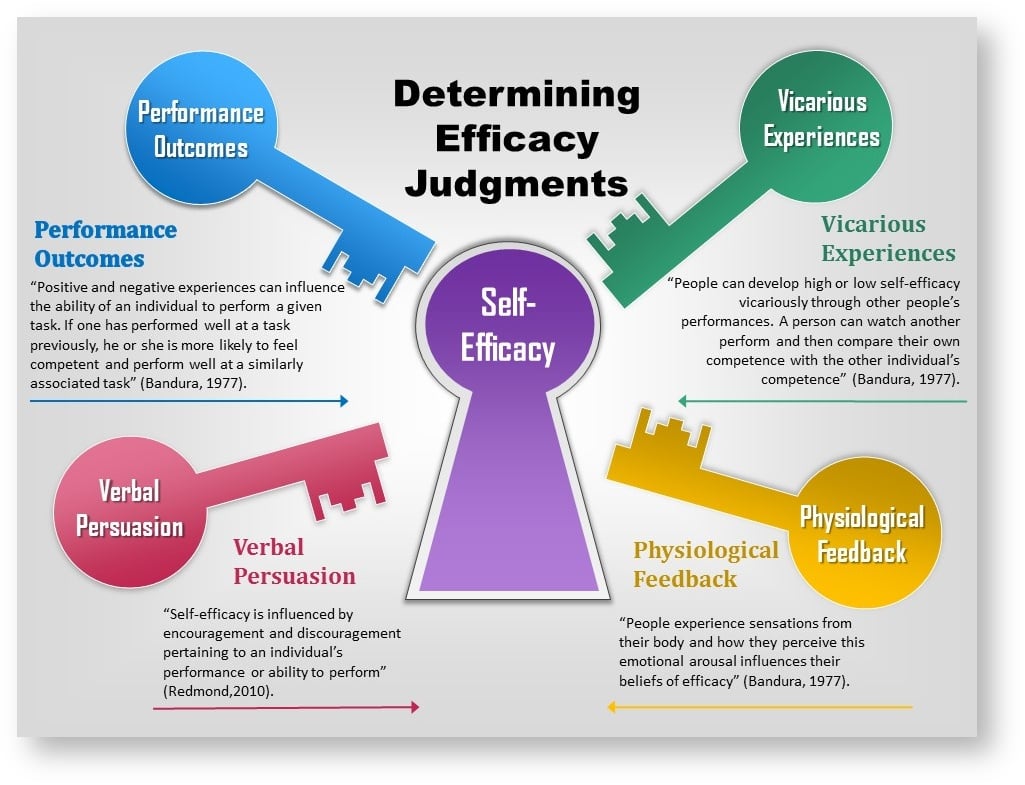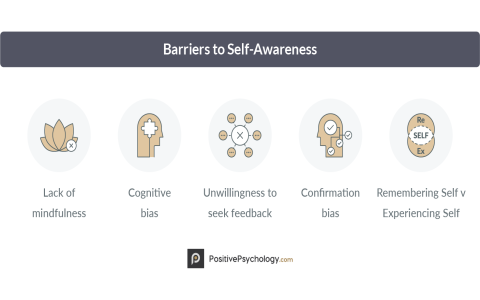Okay, so today I figured I’d dig into this self-efficacy thing for the AP Psych kids. Honestly, the term gets thrown around, but it sounded kinda fuzzy to me. Wanted to really get my head around it before trying to explain it, you know? No point flapping my gums if I ain’t clear myself.
Starting From Scratch
Sat down this morning with my coffee, fired up the laptop. Typed “self-efficacy definition” into every search engine I could think of. Got flooded, man. Academic papers, psych websites, teacher forums… it was a mess. Started skimming, felt totally lost at first. Kept seeing this name, Bandura, popping up everywhere. Okay, guess he’s the guy for this.
Cutting Through the Jargon
Kept reading. Kept scratching my head. A lot of stuff sounded like “Beliefs about capabilities to execute blah blah blah…” Made me think, “So… it’s just believing you can do something?” But that felt too simple, like confidence lite. Kept digging. Found one forum post where a teacher put it like this: “It’s the difference between knowing what to do and actually believing you can do it.” Ding! That clicked a bit better.
More examples started to make sense:

- Two students both know how to study for a test. One believes it’ll actually work for them (high self-efficacy), the other thinks they’ll bomb no matter what (low self-efficacy). Guess who studies harder?
- Someone might know the steps to ask someone out, but freeze up ’cause they don’t believe they can pull it off.
Realized it’s not just general optimism. It’s very specific to a task. Like, you could have high self-efficacy fixing your bike but zero about public speaking.
Why Bother? The Tips Part…
Okay, getting the definition was step one. But why was I spending my whole Tuesday morning on this? Because those AP kids, man, they hit walls. They see a tough FRQ or a dense textbook chapter and just shut down. Figured if they understood self-efficacy, maybe they could push through better.
Started jotting down what actually builds self-efficacy, based on all the reading:
- Actually succeeding at stuff (even small wins like nailing a vocabulary quiz).
- Seeing people like them succeed (like, “If they can do it, maybe I can?”).
- Getting encouragement that feels real, not just a pat on the back.
- Not feeling like you’re about to have a heart attack when facing the task (easing stress/anxiety helps).
Making It Real
Decided to test it out. Wanted to see if making it practical would work better than just lecturing about Bandura. Found a pretty complex bio concept – neuronal signaling, ugh – that usually trips kids up.
Class time. Instead of diving straight into the heavy stuff like usual, I stopped before the super hard diagram. Said something like:
“Alright, pause. This next bit trips up a LOT of students. It’s messy. Before we jump in, think for a second: Do you actually believe you can figure this out if you wrestle with it? Be honest. Don’t say ‘yes’ just to say it. If not, that’s cool, we can talk about why.”
Actually saw some surprised looks. One kid (Johnny, usually slumps down) mumbled, “Uh, not really. Looks impossible.” Ding ding ding! Low self-efficacy, right there!
I didn’t just say “Sure you can!” Instead, I pointed out:
- They’d already tackled similar (though easier) diagrams last week (past success).
- Said “Look, Jane figured it out last period after a few tries, and she was stressing too” (vicarious experience).
- Asked them to break it down: “Okay, what part looks doable? Where does it start looking like alphabet soup?”
Walked through it slower, chunk by chunk. Saw Johnny actually lean in and try labeling one part himself. When he got it, gave a simple “Yep, exactly,” focusing on the action (labeling the receptor) not just “Good job!”
The End Result? Clarity.
By the end of class, wasn’t perfect understanding for everyone, but the vibe was different. Less panicked deer-in-headlights, more determined confusion, if that makes sense? They seemed more willing to wrestle with it instead of just giving up immediately ’cause it looked hard. Johnny even asked a specific question! Instead of just “I don’t get it!”
It ain’t rocket science. But framing it in terms of “Do you believe you can do this? Why or why not? How can we shift that?” felt way more useful than just saying “Believe in yourself!” Felt like I actually understood what I was talking about and, more importantly, how to make it matter for the kids trying to survive AP Psych. Solid Tuesday.

